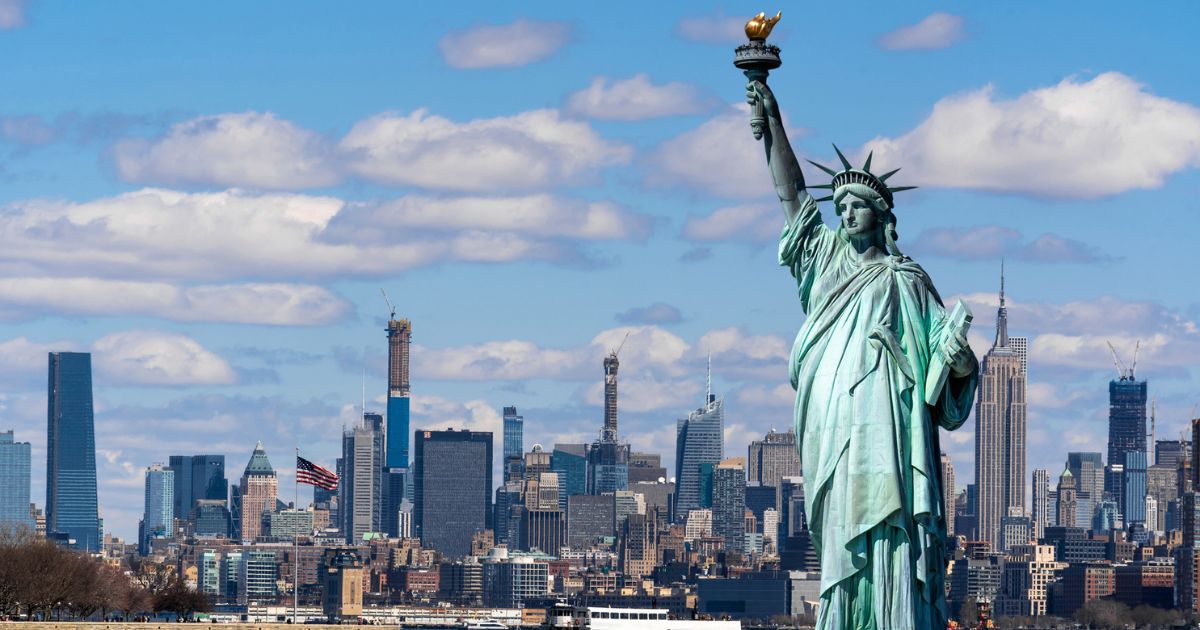Thousands of undocumented Filipinos in the United States are at risk of deportation as President Donald Trump declared his anti-immigration campaign.
Philippine Ambassador to the United States, Jose Manuel Romualdez, revealed during an interview on ANC’s Headstart that around 350,000 Filipinos illegally residing in the U.S. could be affected, especially those who have criminal records.
Get the latest news instantly on your phone—join the Filipino Times WhatsApp channel now!
“I think it is those with criminal records or those who have totally ignored the idea of even filing to try to become legally here in U.S., those are the people na na-me-meligro at pwedeng, they can be deported.
“The advice is simple, do what is correct because that is the only way you will have peace of mind,” Romualdez said.
He also said that Filipinos who arrived in the U.S. recently as tourists but overstayed would be affected as well.
“Yung mga bagong dating dito, yung overstaying na pumunta dito as a tourist, medyo mahihirapan sila dahil they were already closing that door,” he shared.
Moreover, those who have lived in the U.S. for years and have built families and careers might be affected as well, but the Philippine Embassy in the U.S. plans to hold a program where legal experts can assist fellow ‘kababayans,’ regardless of their status.
“The major concern is those who have been here for many, many years and already have families, jobs, and everything,” Romualdez said.
“But as I said, there are certain rights that many will have and that’s why we’re asking many groups from Fil-Am community that are prepared to have some good advice on how to proceed on taking a legal path. These are the people who would like to help,” he added.
Romualdez stated that Filipino immigrants will be informed of their rights, allowing them to understand whether they can remain in the United States or need to explore options for obtaining “a legal pass.”
“Yung mga nandito na for 10 years, nagtatrabaho na, they have established themselves… Yun meron pang pag-asa for permanent status,” Romualdez said.
Nevertheless, Romualdez assured that there will soon be a face-to-face meeting between Trump and Philippine President Ferdinand Marcos, Jr.
Trump has always been known for his anti-immigration campaign, invoking a 1798 law called the Alien Enemies Act, which allows the president to unilaterally determine how and if all foreign nationals from a specific country should be “apprehended, restrained, secured, and removed” during times of war or “imminent threat.”
Filipinos can achieve U.S. citizenship by applying for naturalization after legally residing in the country for at least five years. Alternatively, they may qualify for naturalization after three years of living as a permanent resident if married to a U.S. citizen.




